Creating a well-equipped pet first-aid kit is essential for every pet owner. It can help you respond quickly to injuries, accidents, or sudden illnesses. Here’s a list of 10 crucial items to include:
1 – Adhesive Bandages (Non-stick)
Useful for wrapping wounds, protecting them from dirt, and preventing further injury. Non-stick bandages ensure that they won’t stick to the wound, minimizing pain when removing them.
2 – Gauze Pads and Gauze Roll
For cleaning wounds, absorbing blood, and providing pressure to stop bleeding. Gauze can also be used to wrap injuries to keep them protected until you can get to the vet.
3 – Antiseptic Wipes/Solution
For cleaning wounds or disinfecting cuts and scrapes. Make sure to use a pet-safe antiseptic, as many human products can be too harsh for animals.
4 – Thermometer (Digital)
A quick way to check for fever, which is important when monitoring your pet’s health. Pet-specific thermometers are available, but a standard digital one will work if used correctly (rectal temperature for dogs and cats is usually 101-102.5°F).
5 – Tweezers (Fine-Tipped)
For safely removing splinters, ticks, or other foreign objects from your pet’s skin. Ensure the tips are fine and pointed for precision.
6 – Elastic Bandage (Vet Wrap)
A self-adhesive bandage (like Coban) to secure gauze or dressings in place without needing pins. It can also be used for splints in case of minor fractures or to immobilize a limb temporarily.
7 – Instant Cold Pack
Can be used to reduce swelling or pain due to sprains, strains, or other injuries. Instant cold packs are compact and easy to store in a kit.
8 – Saline Solution
Used for rinsing out eyes, cleaning wounds, or irrigating ears. Saline is gentle and safe for pets, providing a non-toxic way to cleanse.
9 – Hydrocortisone Cream or Ointment
A mild topical ointment to relieve itching or minor irritation from insect bites, allergic reactions, or skin conditions. Use sparingly and avoid applying on large areas of the skin.
10 – Pet First-Aid Manual or Emergency Contact Info
Include a basic first-aid manual or guide specific to pets. Also, have your veterinarian’s emergency contact information and the number for the nearest animal emergency clinic readily available.
Bonus: **Muzzle**
If your pet is injured and may become defensive, a muzzle can prevent biting. Even the calmest animals can become aggressive in pain, so having a soft muzzle (or a makeshift one) could be crucial in an emergency.

